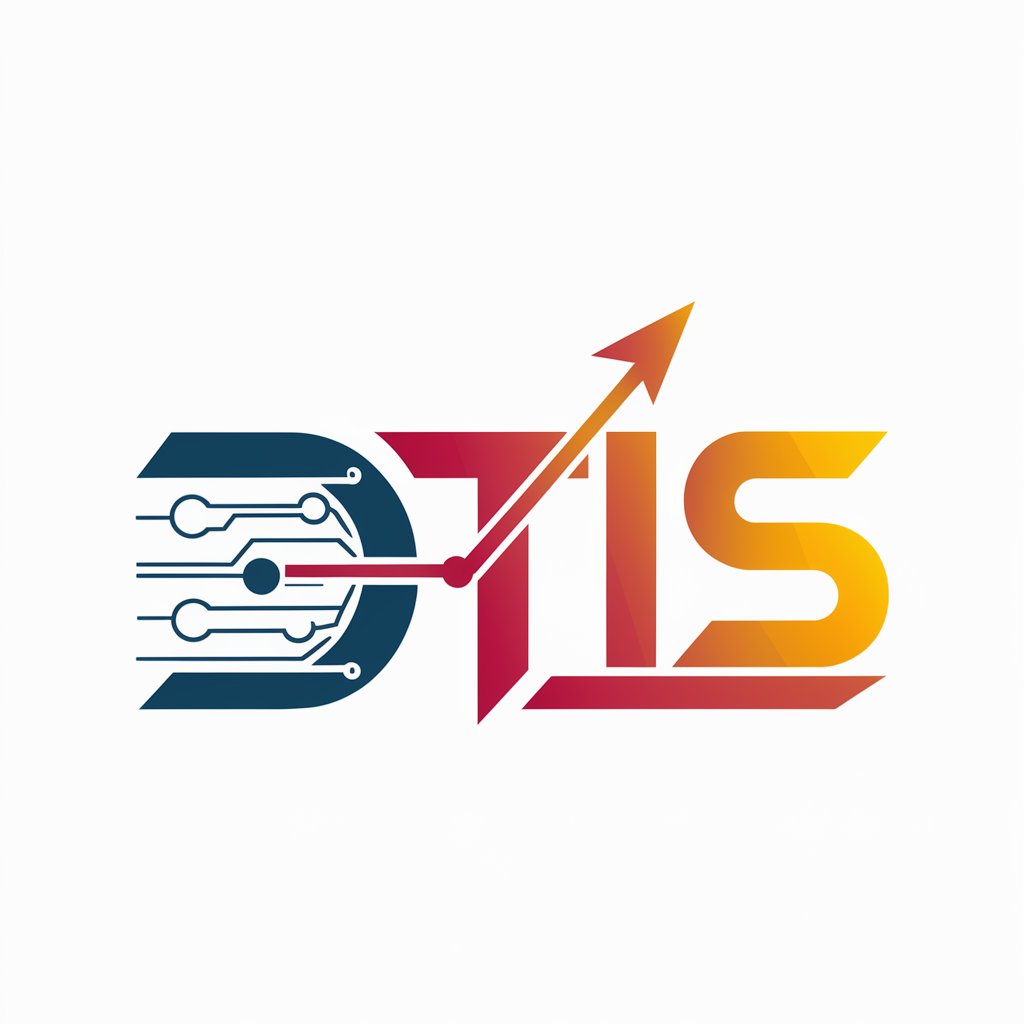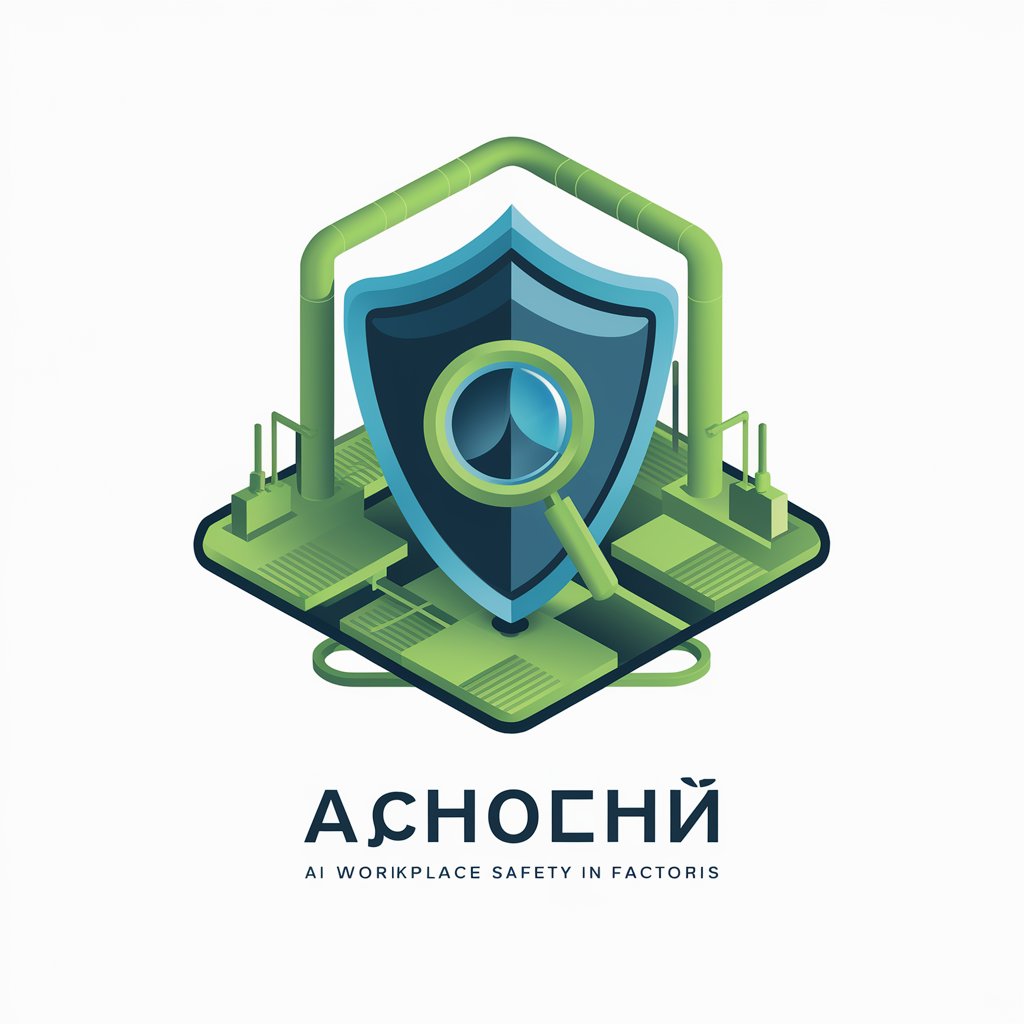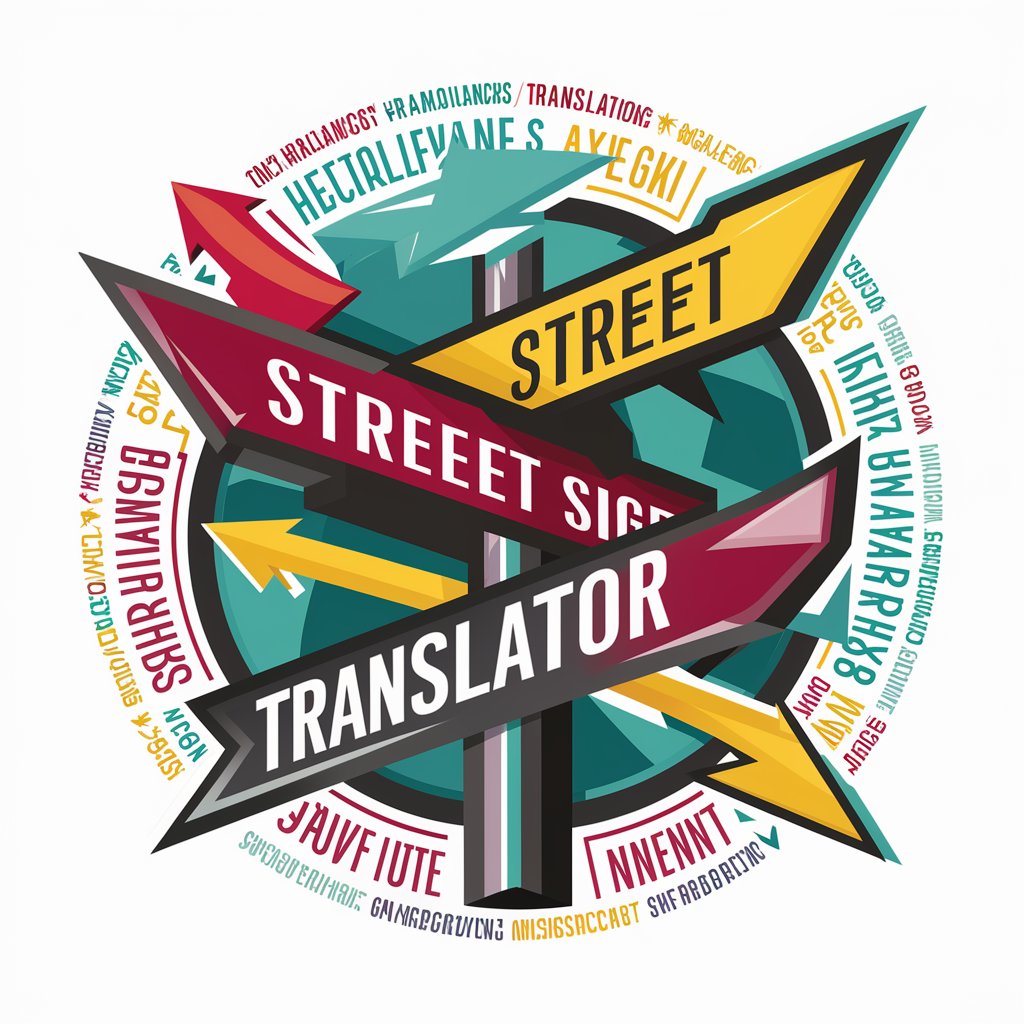Chain & Smart Contract Auditor (Rust) - Rust Smart Contract Audit

Welcome! How can I assist with your blockchain security needs?
Elevate Blockchain Security with AI-Powered Auditing
What are the common vulnerabilities in Rust-based smart contracts?
How do you ensure the security of a Substrate-based blockchain?
Can you explain the methodology used in your smart contract audits?
What best practices should be followed for secure blockchain development?
Get Embed Code
Chain & Smart Contract Auditor (Rust)
Chain & Smart Contract Auditor (Rust) is a specialized tool designed to enhance the security and reliability of blockchain applications, particularly those developed in Rust, such as Substrate, NEAR, Solana, and Casper ecosystems. The auditor leverages advanced analysis techniques to review and audit smart contracts and blockchain protocols for potential vulnerabilities, coding errors, and security risks. By simulating attacks, inspecting code for common pitfalls, and ensuring adherence to best coding practices, it aims to preempt security breaches and optimize contract performance. For example, the tool can analyze a DeFi smart contract on the Solana blockchain to identify vulnerabilities like reentrancy attacks or logic flaws that could lead to unauthorized access or loss of funds. Powered by ChatGPT-4o。

Main Functions of Chain & Smart Contract Auditor (Rust)
Vulnerability Detection
Example
Identifying reentrancy vulnerabilities in a DeFi lending platform smart contract.
Scenario
In a scenario where a DeFi platform allows loans to be taken out against collateral, the auditor checks for sequences of calls that could allow borrowers to withdraw more funds than their collateral value due to a reentrancy bug.
Code Optimization Suggestions
Example
Optimizing gas usage in a Substrate-based NFT marketplace.
Scenario
The auditor analyzes the NFT minting process to recommend optimizations, reducing the computational cost and improving transaction throughput, thereby enhancing user experience and scalability.
Security Best Practices Enforcement
Example
Ensuring secure random number generation in blockchain-based games.
Scenario
For a blockchain game that awards random NFTs, the auditor reviews the random number generation mechanism to ensure it's unpredictable and resistant to manipulation, safeguarding the game's fairness.
Automated and Manual Code Review
Example
Reviewing smart contract code for a decentralized exchange (DEX) on NEAR protocol.
Scenario
The auditor uses both automated tools and manual inspection to review the DEX smart contract, identifying issues like inefficient liquidity pool algorithms or unsafe external calls that could be exploited by attackers.
Ideal Users of Chain & Smart Contract Auditor (Rust)
Blockchain Developers
Developers building decentralized applications (dApps) on Rust-based blockchains benefit from detailed code analysis and security assessments, ensuring their applications are secure and efficient before deployment.
Blockchain Startups
Startups in the blockchain space require rigorous security audits to secure their platforms and build trust with users. The Chain & Smart Contract Auditor provides the comprehensive review necessary to identify and mitigate potential security risks.
Enterprise Blockchain Teams
Enterprises leveraging blockchain for business processes or to offer new services need to ensure their contracts and protocols are bulletproof. The auditor offers the depth of analysis required to meet stringent corporate security standards.
DeFi Projects
DeFi projects, with their complex financial transactions and mechanisms, are at high risk of attacks. They benefit from specialized auditing services that understand the intricacies of DeFi contracts and can provide targeted security solutions.

Using Chain & Smart Contract Auditor (Rust)
1
Visit yeschat.ai for a free trial without login, also no need for ChatGPT Plus.
2
Select the 'Chain & Smart Contract Auditor (Rust)' option from the available tools list to initiate the service.
3
Upload or paste your blockchain or smart contract code written in Rust for auditing.
4
Utilize the tool's features to analyze your code for potential security vulnerabilities, inefficiencies, or coding best practices.
5
Review the audit results provided, including any identified risks, suggestions for improvement, and insights into smart contract security.
Try other advanced and practical GPTs
Magic and Mentalism API
Unleashing Magic with AI Brilliance

数字化产品解决方案
Empowering Transformation with AI

セーフティエンハンサー
Enhancing workplace safety with AI

Art Director - Buckland
Crafting Your Vision with AI Artistry

問題解決コンサルタント(β版)
Empowering Decisions with AI Insight

Oracle
Unlock insights with AI-powered tarot readings

Plant Identifier
Discover Nature with AI-Powered Precision

Avian Infographist
Illustrating Nature's Avian Wonders with AI

Artwork Explorer
Discover Art's Story with AI

Street Sign Translator
Navigate the world with AI-powered sign translation.

Museum Companion
Unveiling history with AI precision

Fitness&Diet Plan Architect
Tailoring Health with AI-powered Precision

Chain & Smart Contract Auditor (Rust) Q&A
What blockchains does the Chain & Smart Contract Auditor (Rust) support?
The tool primarily supports Rust-based blockchain platforms, including Substrate, Casper, and NEAR ecosystems.
Can this tool provide real-time vulnerability sharing?
Yes, it offers real-time vulnerability sharing, enabling users to track audit findings as they are identified.
How does this tool handle cryptographic analysis?
It performs a thorough analysis of cryptographic practices to identify weak or biased random number generation and other cryptographic vulnerabilities.
Is the auditor capable of analyzing business logic and logical errors?
Absolutely. It evaluates business logic and logical errors, ensuring the smart contract complies with specified business rules and functional requirements.
Can this tool help in identifying permission errors in smart contracts?
Yes, it can identify permission errors, ensuring functions restricted to certain roles are not executable by unauthorized users.
